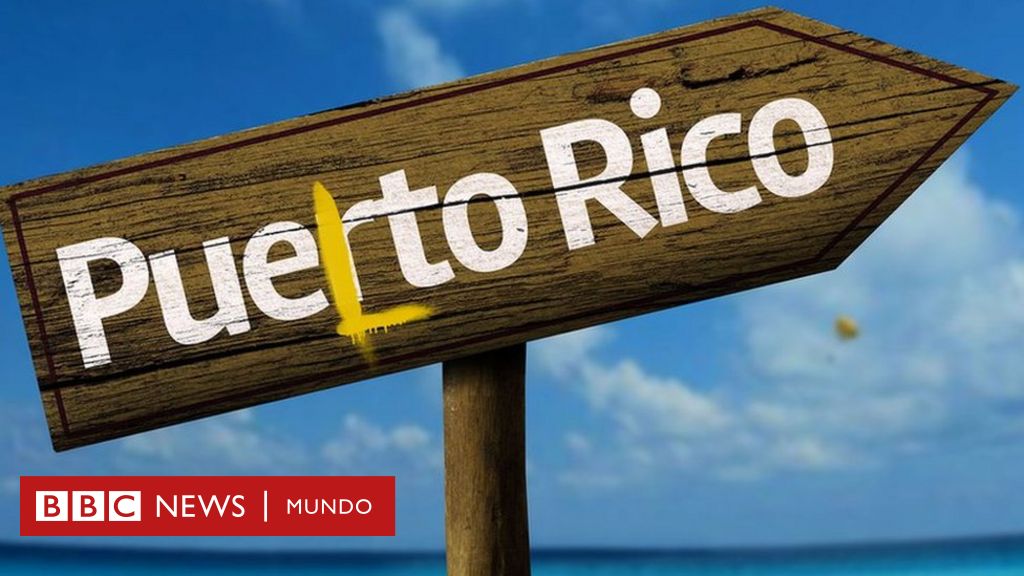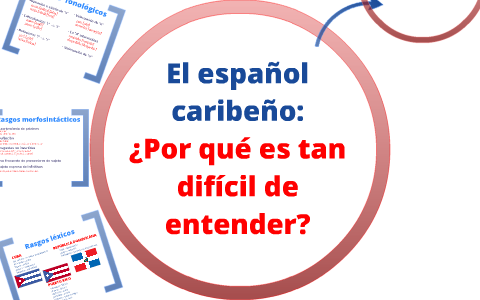@Onions/Carrots
You make many valid points about Caribbean Spanish and although it has a reputation for being difficult to understand just to add some balance though every country has its own way of speaking (cada país tiene su forma de hablar). The question is just how far does the vernacular of a particular country differ from what is considered the norm or standard Spanish. That is where Caribbean Spanish shows how different it is. I am referring to the syntax and grammar. Vocabulary that differs is tied to history and Latin American history definitely influenced the vocabulary of every country or region. This is not unique to the DR or Caribbean (people bring their language and culture with them wherever they go) but the deviation of the grammatical and spoken part of the language from the norm really stands out.
Education for those who have the opportunity allows for people to learn, speak and write proper Spanish while still being able to understand and communicate in the local dialect. This is what I don’t see enough of in the DR and the Caribbean Antilles. In certain scenarios, one needs to be able to change their way of speaking. Using your examples working in the government and especially education speaking the local dialect is out of place. I have seen it and I have also seen how people struggle to make the change. An example is when a teacher writes
lo muchacho, abla, boy, benir which should be
los muchachos, habla, voy, venir these are just simple examples. Imagine full sentences. If the foundation is bad from the start it carries on throughout the school years of a student and the end result is disastrous. Students want to have the opportunity to get a good job through education but learning to read, write and speak proper Spanish is paramount.
I also find it striking how foreigners in the DR try to learn to speak like the locals. Part of it is survival mode and I understand that but I always recommend if asked that one should learn proper Spanish. Be on par with the rest of the Spanish-speaking world by learning to speak standard Spanish as much as possible. If they travel to other Spanish-speaking countries and they need to be able to communicate saying
cómo estás in a public or a professional setting sounds much better than saying
cómo tu‘ta. Foreigners also have the opportunity to learn proper Spanish whereas in the Caribbean many don’t which is why the local dialect is so prevalent meaning in all scenarios the speech pattern remains the same.
-MP.






